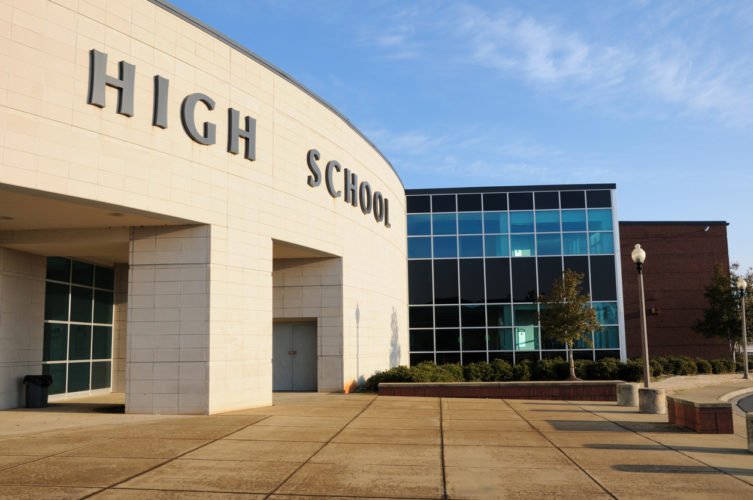A California appellate court affirmed an award of attorney fees incurred by a school district to compel compliance with the Charter Schools Act. (Sweetwater Union High School Dist. v. Julian Union Elementary School Dist. (2019) ___ Cal.App.5th ___, 2019 WL 2353008.) Sweetwater Union High School District, represented by Dannis Woliver Kelley, successfully brought suit against a charter school and its authorizing district to enforce the requirement that charter schools locate within the boundaries of their authorizing school district. After prevailing, Sweetwater sought to recover its attorney fees. In upholding the attorney fees award, the court held “that Sweetwater’s action advanced the public’s interest in the lawful operation of charter schools and the Legislature’s oversight objectives reflected in the CSA’s location requirements …” helping to “preserve the constitutionality of charter schools within the public education system.”
Background
In early 2015, Sweetwater discovered from the city planning commission that Diego Valley Charter School was planning to operate at several locations within Sweetwater’s boundaries. After Sweetwater’s cease and desist letters went unanswered, Sweetwater filed suit against Diego Valley and its authorizing district, Julian Union Elementary School District, to compel compliance with the location requirements of the Charter Schools Act (“CSA”).
The defendants tenaciously defended the lawsuit, arguing that they qualified for certain exceptions to the CSA’s in-district location requirements. Despite defendants’ efforts, Sweetwater persisted, and on June 29, 2017, the trial court issued its decision, finding that Julian and Diego Valley would be in violation of the CSA’s in-district location requirements and issuing both injunctive and declaratory relief to Sweetwater. Subsequently, the trial court awarded Sweetwater $166,027.05 in attorney fees under the private attorney general doctrine. Julian and Diego Valley appealed the fee award, but not the merits of the trial court’s decision.
Decision
Under the private attorney general doctrine, a prevailing party may recover reasonable attorney fees if the suit is filed to enforce an important public interest, and the decision results in a significant public benefit. In affirming the fee award to Sweetwater, the Court of Appeal stressed the important public interests and benefits advanced by Sweetwater’s lawsuit challenging defendants’ illegal out-of-district charter schools.
The Court agreed that charter schools located outside the boundaries of their authorizing school districts may lack accountability to the communities they serve as local residents: (1) are often unable to attend the board meetings held in distant and remote authorizing school districts; and (2) may not vote or run as a candidate in the election of board members for these authorizing school districts, which are responsible for overseeing the charter schools that they have approved but that operate outside their boundaries. Moreover, the Court explained that the Legislature’s goal in requiring charter schools to locate within their authorizer’s boundaries is to improve local oversight, and further, that appropriate charter school oversight is critical to the constitutionality of charter schools and the CSA. Thus, the Court concluded that Sweetwater’s litigation enforced an important public interest and resulted in a significant public benefit justifying the fee award.
Impact
As the Court of Appeal recognized, strict enforcement of the CSA is critical to the constitutionality of charter schools. This holding illustrates that an impacted school district may compel enforcement of the CSA, and in light of the important public interest, an award of reasonable attorney fees may also be justified in such cases.
If you have questions about CSA location requirements or any other charter school issues, please contact a DWK attorney in our Charter Schools or Litigation practice groups.




![25_0123 DWK 2025 BIT Thumbnail_500x500[1]](https://www.dwkesq.com/wp-content/uploads/2025/02/25_0123-DWK-2025-BIT-Thumbnail_500x5001.jpg)